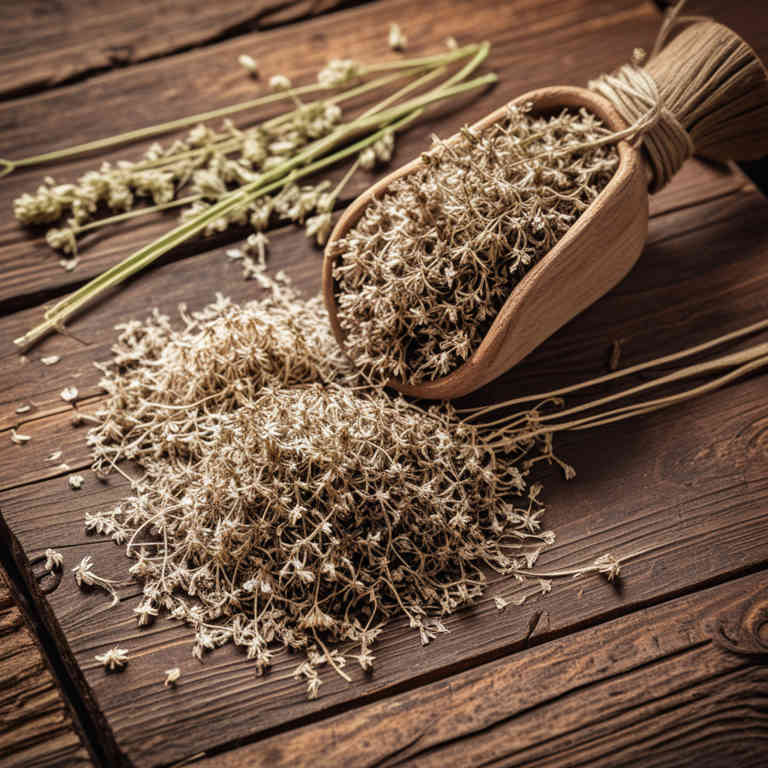10 Best Pimpinella Anisum Preparations
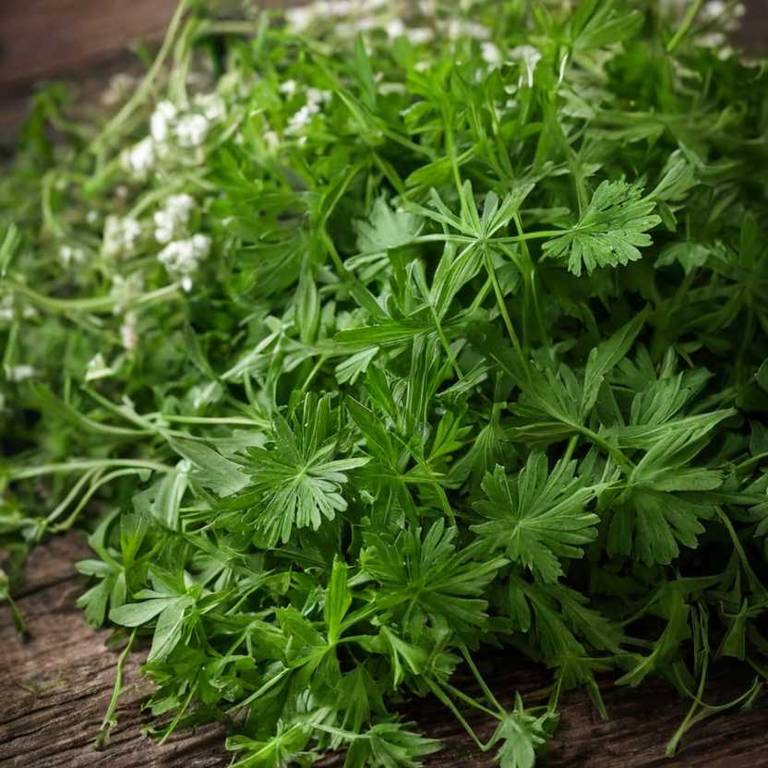
The best medicinal preparations of Pimpinella anisum are teas, decoctions, tinctures, capsules, and essential oils, each offering unique benefits for health and wellness.
Teas made from dried anise seeds are commonly used to soothe digestive issues and promote respiratory health.
Decoctions involve simmering the seeds to extract their therapeutic compounds, enhancing their potency.
Tinctures provide a concentrated form of the herb, often used for its calming and antispasmodic properties.
Capsules offer a convenient way to consume anise for its digestive and anti-inflammatory effects, while essential oils are valued for their aromatic and therapeutic applications in aromatherapy.
Below there's a list of the 10 best herbal preparations of pimpinella anisum for medicinal purposes.
1. Teas
Pimpinella anisum teas is commonly used to alleviate digestive issues, such as bloating, gas, and indigestion.
This herbal preparation is also used to treat respiratory conditions like coughs and bronchitis due to its soothing effects on the respiratory tract. The most common medicinal uses include easing gastrointestinal discomfort, reducing inflammation, and acting as a carminative and antispasmodic. The bioactive constituents responsible for these effects include anethole, estragole, and other volatile oils that possess anti-inflammatory, antimicrobial, and antispasmodic properties.
These compounds contribute to the plant's ability to support digestive and respiratory health.

2. Decoctions
Pimpinella anisum decoctions is commonly used to alleviate digestive issues, respiratory conditions, and menstrual discomfort.
These preparations are frequently employed to treat ailments such as indigestion, bloating, coughs, and menstrual cramps. The bioactive constituents responsible for its medicinal properties include anethole, limonene, and estragole, which possess antispasmodic, carminative, and anti-inflammatory effects. Anise decoctions also have expectorant properties that help loosen mucus in the respiratory tract.
Additionally, they may aid in reducing nausea and promoting smooth muscle relaxation in the gastrointestinal tract.
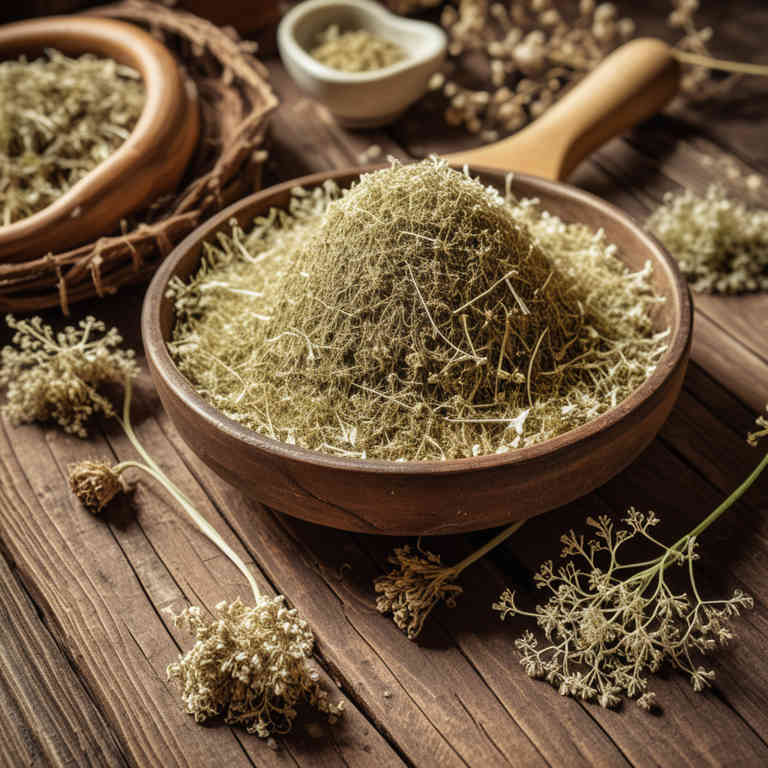
3. Tinctures
Pimpinella anisum tinctures is commonly used to relieve digestive issues, respiratory conditions, and as a mild sedative.
They are frequently employed to treat ailments such as indigestion, bloating, coughs, and bronchitis. The bioactive constituents responsible for these effects include anethole, estragole, and various essential oils that have carminative, antispasmodic, and anti-inflammatory properties. These compounds help soothe the gastrointestinal tract and ease respiratory symptoms.
Additionally, the tinctures may support relaxation and improve sleep quality due to their calming effects.
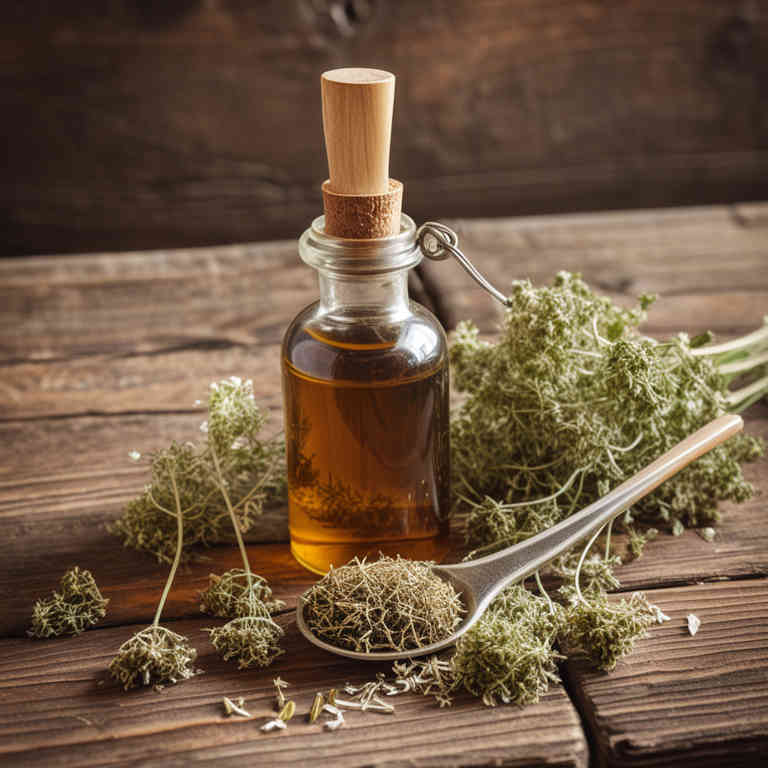
4. Capsules
Pimpinella anisum capsules is commonly used to relieve digestive issues, such as bloating, gas, and indigestion.
They are also used to ease symptoms of respiratory conditions like coughs and bronchitis. The most common medicinal uses include treating gastrointestinal disorders, reducing inflammation, and alleviating nausea. Bioactive constituents such as anethol, estragole, and fatty oils contribute to its medicinal properties by exhibiting carminative, antispasmodic, and anti-inflammatory effects.
These compounds help soothe the digestive tract and reduce muscle spasms in the respiratory system.
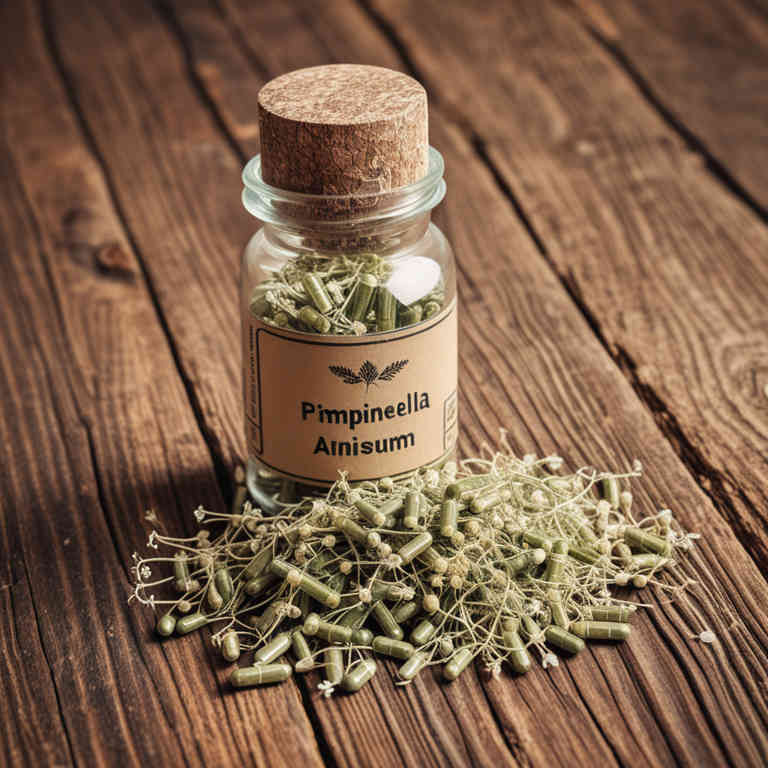
6. Syrups
Pimpinella anisum syrups is commonly used to relieve digestive issues, such as bloating, gas, and indigestion.
This herbal preparation is also used to alleviate respiratory conditions like coughs and bronchitis due to its expectorant properties. Additionally, it is often employed to ease symptoms of nausea and motion sickness. The most common medicinal uses include treating gastrointestinal disorders, respiratory ailments, and as a carminative.
The bioactive constituents responsible for these effects include anethole, estragole, and volatile oils, which have antispasmodic, anti-inflammatory, and expectorant properties.

7. Lozenges
Pimpinella anisum lozenges is commonly used to relieve symptoms of respiratory tract infections, such as coughs, sore throats, and bronchitis.
These lozenges are also used to alleviate digestive issues like bloating, gas, and indigestion. The medicinal properties of anise lozenges are attributed to their bioactive constituents, including anethole, which has antispasmodic and carminative effects. Additionally, the presence of essential oils and phytochemicals contributes to their expectorant and anti-inflammatory properties.
Anise lozenges are often recommended for their soothing effect on the throat and their ability to ease breathing in individuals with respiratory discomfort.
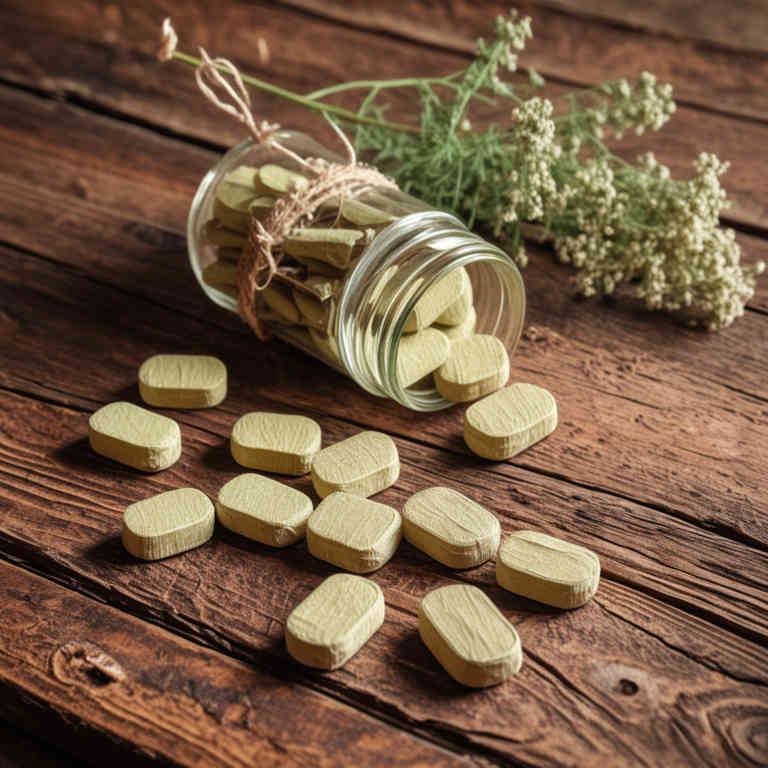
8. Oils
Pimpinella anisum oils is commonly used to relieve digestive issues, such as bloating, gas, and indigestion, due to its carminative and antispasmodic properties.
It is also used to treat respiratory conditions like coughs and bronchitis, as the oil has expectorant and anti-inflammatory effects. Additionally, anise oil is often applied topically to alleviate muscle pain and inflammation. The most common medicinal uses include aiding digestion, easing respiratory symptoms, and providing relief from muscle discomfort.
The bioactive constituents responsible for these effects include anethole, limonene, and phellandrene, which have antispasmodic, antimicrobial, and anti-inflammatory properties.

9. Creams
Pimpinella anisum creams is commonly used to relieve symptoms of respiratory and digestive disorders, as well as for skin conditions.
These creams are often applied topically to treat coughs, bronchitis, and gastrointestinal spasms due to the plant's calming effects. They are also used for their anti-inflammatory and antispasmodic properties, helping with muscle pain and digestive discomfort. The bioactive constituents include anethole, which has antispasmodic and analgesic effects, as well as essential oils, flavonoids, and alkaloids that contribute to its medicinal properties.
These compounds work together to provide relief from a variety of ailments.

10. Linctuses
Pimpinella anisum linctuses is commonly used to relieve coughs and respiratory congestion due to its soothing and expectorant properties.
The most common medicinal uses of this preparation include treating coughs, bronchitis, and other respiratory tract infections by helping to loosen mucus and ease breathing. It is also used to alleviate symptoms of asthma and other inflammatory lung conditions. The bioactive constituents responsible for its medicinal properties include anethol, estragole, and volatile oils, which have antispasmodic, anti-inflammatory, and expectorant effects.
These compounds work together to reduce irritation in the airways and promote the clearance of mucus.
